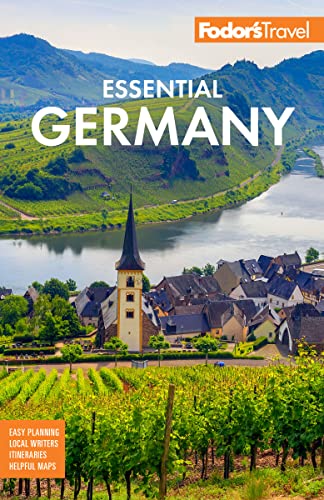With a recorded history stretching back to 1050, Franconia's main city is among the most historic in all of Germany; the core of the Old Town, through which the Pegnitz River flows, is still surrounded by its original medieval walls. Year-round floodlighting adds to the brooding romance of the moats, sturdy gateways, and watchtowers. Nürnberg has always taken a leading role in German affairs. It was here, for example, that the Holy Roman emperors traditionally held the first Diet, or convention of the estates, of their incumbency. And it was here, too, that Hitler staged the most grandiose Nazi rallies. With a sense of historical justice, Nürnberg in rubble was the site of the Allies' war trials, where top-ranking Nazis were charged with—and almost without exception convicted of—crimes against humanity. The rebuilding of Nürnberg after the war was virtually a miracle, considering the 90% destruction of the Old Town. As a major intersection on the medieval trade routes, Nürnberg became a wealthy town where the arts and sciences flowered. Albrecht Dürer (1471–1528), the first indisputable genius of the Renaissance in Germany, was born here. He married in 1509 and bought a house in the city where he lived and worked for the rest of his life. Other leading Nürnberg artists of the Renaissance include painter Michael Wolgemut (a teacher of Dürer), stonecutter Adam Kraft, and the brass founder Peter Vischer. The tradition of the Meistersinger also flourished here in the 16th century, thanks to the high standard set by the local cobbler Hans Sachs (1494–1576). The Meistersinger were poets and musicians who turned songwriting into a special craft, with a wealth of rules and regulations. They were celebrated three centuries later by Wagner in his Meistersinger von Nürnberg.
The Thirty Years' War (1618–48) and the shift to sea routes for transportation led to a period of decline, which ended only in the early 19th century when the first railroad opened in Nürnberg. Among a great host of inventions associated with the city, the most significant are the pocket watch, gun casting, the clarinet, and the geographic globe. Among Nürnberg's famous products are Lebkuchen (gingerbread of sorts) and Faber-Castell pencils.






